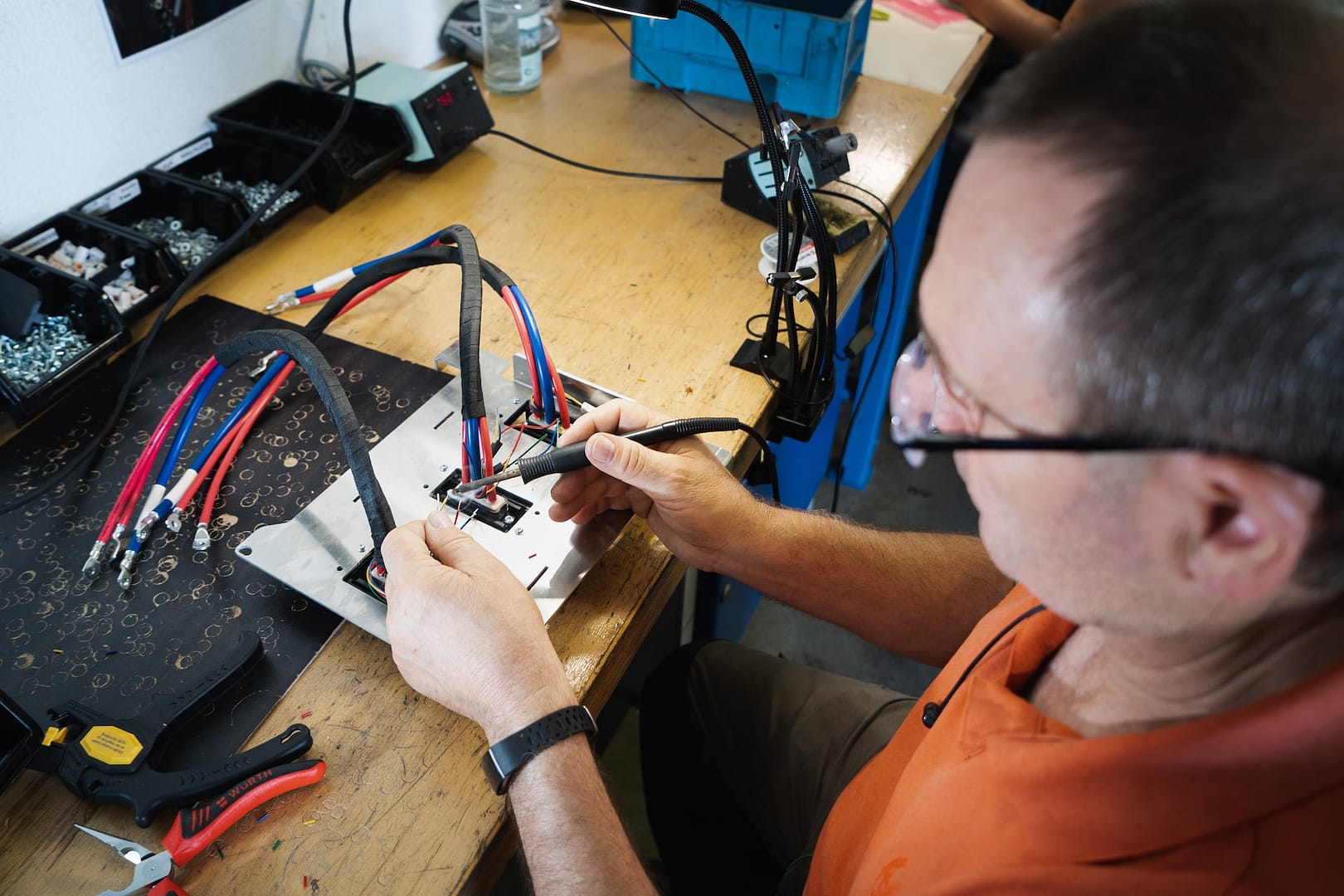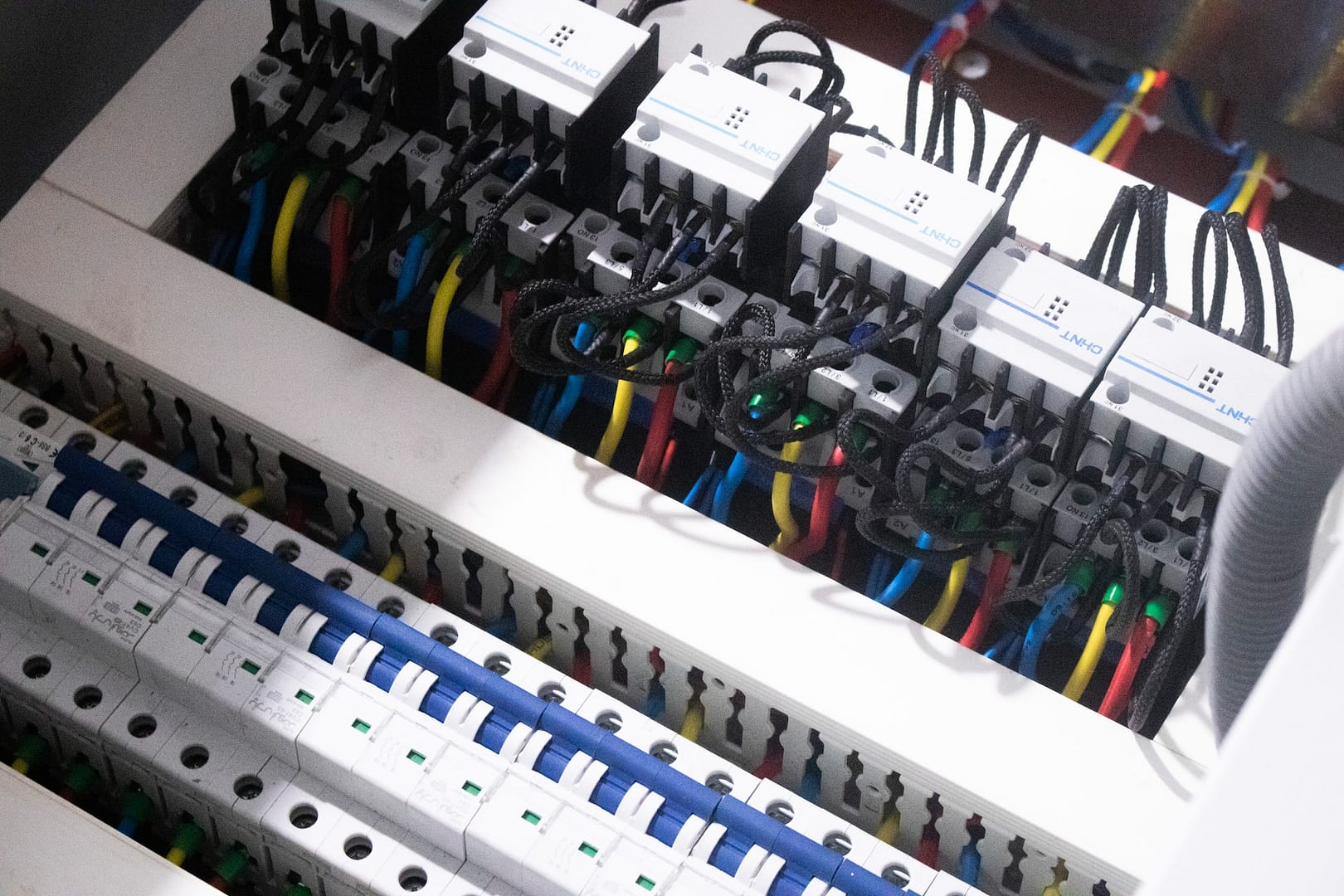Electrical accidents can happen in any workplace, posing serious risks to the well-being of employees and potentially causing extensive damage. It is crucial for both employers and employees to prioritize electrical safety in the workplace to prevent accidents and ensure a secure working environment. In this article, we will explore the importance of electrical safety, discuss the five electrical safety rules, and highlight the standards that guide electrical safety in the workplace to avoid any potential injuries at work.
The Importance of Electrical Safety
Electricity is a powerful and essential source of energy that we rely on daily. However, it can also be extremely dangerous if not handled properly. Electrical accidents can result in severe injuries, such as electrical burns, shocks, or even fatalities. Additionally, electrical malfunctions can lead to fires and property damage, leading to significant financial losses for businesses.
To mitigate these risks, it is essential to establish and follow safety guidelines in the workplace. By doing so, employers can create a culture of safety and protect their employees from electrical hazards. Employees, on the other hand, play a vital role in adhering to these guidelines and reporting any potential electrical risks to their superiors.
The Five Electrical Safety Rules
Following electrical safety rules is crucial for preventing accidents and minimizing risks. Here are the five fundamental guidelines that should be observed in the workplace:
Respect Lockout/Tagout Procedures
Before performing any maintenance or repairs on electrical equipment, it is essential to follow lockout/tagout procedures. This involves isolating the equipment from its power source, locking or tagging the energy source, and ensuring that no one can accidentally energize the equipment while work is being carried out. Lockout/tagout procedures protect workers from unexpected energization, which could result in electrocution or other accidents.
Use Personal Protective Equipment (PPE)
Personal Protective Equipment (PPE) is vital in electrical safety. It includes items such as insulated gloves, safety glasses, and flame-resistant clothing. PPE acts as a barrier between the worker and potential electrical hazards, reducing the risk of injuries from electrical shock, arc flashes, or sparks. Employees should be trained on the appropriate use and maintenance of PPE and should wear it whenever working on or near electrical equipment.
Be Mindful of Overloading Circuits
Overloading circuits is a common cause of electrical accidents in the workplace. Plugging too many devices into a single outlet or circuit can exceed its capacity and lead to overheating, which can cause electrical fires or equipment damage. To prevent overloading, employees should be aware of the electrical load limitations and avoid using multiple high-energy devices simultaneously on the same circuit.
Inspect Electrical Equipment Regularly
Regular inspections of electrical equipment are crucial for identifying potential hazards and preventing accidents. Employees should be trained to recognize signs of wear and tear, loose connections, frayed wires, or other abnormalities. Any damaged or malfunctioning equipment should be immediately reported and taken out of service until it is repaired or replaced by a qualified professional.
Follow Proper Electrical Installation Procedures
Proper electrical installation is essential for maintaining a safe workplace. Wiring should be installed by qualified electricians in accordance with relevant electrical codes and standards. When new equipment is being installed, it should be done so by professionals who are knowledgeable about electrical systems and safety. Any modifications or additions to the electrical system should also be carried out by qualified personnel.

Making an Injury at Work Claim
In the unfortunate event that an electrical accident occurs in the workplace and results in injuries, it is crucial for employees to be aware of their rights and options regarding making an injury at work claim. Seeking compensation for medical expenses, lost wages, and other damages can help alleviate the financial burden and provide support during the recovery process.
When considering an injury at work claim, it is important to follow these steps:
Report the Incident
Immediately report the accident to your supervisor or employer. Provide a detailed account of what happened, including the cause of the accident and any injuries sustained. It is important to document the incident promptly to establish a clear record.
Seek Medical Attention
Seek medical attention as soon as possible, even if the injuries appear minor. A medical professional can evaluate the extent of the injuries and provide necessary treatment. Documenting your injuries through medical records is essential for your injury at work claim.
Document Evidence
Collect and preserve any evidence related to the accident and your injuries. This may include photographs of the accident scene, damaged equipment, or any unsafe conditions that contributed to the incident. Additionally, keep records of medical bills, treatment plans, and any other relevant documents.
Consult with National Claims
Consulting with National Claims is in integral part of the claims process. Experienced in personal injury claims we will provide guidance on your legal rights, assess the strength of your case, and help navigate the claims process.
Conclusion
Electrical accidents in the workplace can have severe consequences, both in terms of injuries to employees and the potential for property damage. By prioritizing electrical safety and following the five essential safety rules, employers can create a safer work environment and reduce the risk of accidents.
Adhering to standards such as NFPA 70E and OSHA regulations ensures that workplaces maintain the necessary safety measures and procedures. Employees play a crucial role in actively participating in safety programs, reporting hazards, and following established guidelines to prevent accidents.
In the unfortunate event of an electrical accident resulting in injuries, employees should be aware of their rights and options regarding making an injury at work claim. Promptly reporting the incident, seeking medical attention, documenting evidence and consulting with us at National Claims are important steps in seeking fair compensation for damages.
Remember, electrical safety is everyone’s responsibility. By promoting a culture of safety and staying vigilant, we can create workplaces that prioritize the well-being of employees and minimize the risks associated with electrical accidents.
Contact us today to start on your injury at work claim.
Click below to see why we are one of the most trusted claims management companies in the UK.





